President Donald Trump is increasing the pressure on pharmaceutical companies to lower drug prices in the U.S.
Last week, Trump sent letters to 17 pharmaceutical manufacturers demanding that they take urgent action to lower prices for U.S. consumers.
It followed an executive order Trump signed in May, called ‘Delivering Most Favored Nation Prescription Drug Pricing to American Patients.’
- President Trump demands urgent drug price cuts from 17 pharma firms following his executive order on Most Favored Nation pricing.
- Trump threatens tariffs up to 250% on drug imports and pressures foreign countries to raise prices to lower U.S. drug costs.
- Experts warn raising drug prices abroad may not lower U.S. costs.
- Trump proposes cutting out middlemen, offering lowest developed-nation prices, and ensuring Medicaid gets MFN pricing.
- But legal experts doubt Trump's authority to force pharma changes.
Donald Trump is exerting pressure on manufacturers to lower pharmaceutical prices in the U.S.
Image credits: The White House
That order directed the administration to take numerous actions to bring American drug prices in line with those paid by similar nations, such as Europe and the UK.
But the White House says proposals from manufacturers have so far fallen short, and they will now only accept commitments that offer immediate relief from inflated drug prices.
Trump’s letter warned that non-compliance would result in the federal government deploying “every tool in our arsenal to protect American families from continued abusive drug pricing practices.”
What tools could Trump use to force the hand of pharmaceutical companies?
Trump has signaled that he could use trade as a means of negotiation. At a White House event last month, Trump discussed how he could enforce his plans for the Most Favored Nation (MFN) drug pricing.
His comments specifically signaled a provision in the executive order, which is for manufacturers to raise drug prices internationally and use that investment to lower U.S. prices.
Image credits: The White House
“We’re working very hard right now to get the other countries to lift up their prices a little bit, and to get the drug companies to put it to them. And if they don’t, the drug companies will have a lot of problems,” Trump said at the event, as reported by Fox News.
“And if the countries don’t, and as an example, if it’s Europe, I’ll say, ‘That’s okay. You no longer are allowed to sell cars in America. You no longer are allowed to have Mercedes, BMW, Volkswagen or any of the other many cars.’ And they will say, ‘Oh, I love the idea of lower drug prices for America.’”
However, experts have warned that increasing prices abroad does not mean costs will lower in the U.S., as companies could simply maintain or even increase domestic list prices to preserve profit margins.
Trump has also threatened to place a tariff of up to 250% on pharmaceutical imports coming into the U.S. over the next year or so.
Image credits: Eric Thayer/Getty Images
While this threat is designed to pressure companies to move manufacturing to the U.S., it could also pressure them to agree to his MFN pricing to avoid tariffs in the future.
Another avenue would be for Trump to introduce reforms to Medicaid and Medicare, potentially granting them broader power to negotiate drug prices with big pharma.
However, that would require congressional approval and reforms may not pass.
The tactic Trump seems to be employing for now is public pressure on drug manufacturers, and he could potentially extend that beyond his letters by setting his sights on firms that are supposed to negotiate lower drug prices for Americans.
These firms are often criticized for a lack of transparency and for potentially profiting from high list prices.
Americans pay almost three times more for medicines than people in other developed nations
Image credits: Eric Thayer/Getty Images
The pharmaceutical industry has warned that Trump’s demands, if met, could have an impact on U.S. research and development.
“Importing foreign price controls would undermine American leadership, hurting patients and workers,” Alex Schriver, senior vice president at Pharmaceutical Research and Manufacturers of America (PhRMA), told CNN.
“To reduce price differentials with other countries, policymakers should rein in health care middlemen driving up costs for Americans and get foreign countries to pay their fair share for innovative medicines.”
Image credits: The White House
What exactly does Trump want manufacturers to do to lower drug prices?
Trump has claimed that big pharma companies sell cheaper products to foreign markets and subsidize the discount by charging American consumers significantly more.
According to the White House, the U.S. has less than 5% of the world’s population, yet roughly 75% of global pharmaceutical profits come from American taxpayers.
The executive order notes that drug companies rely heavily on public funding for research through the National Institutes of Health and for drug purchases through federal and state health-care programs.
President Trump is fighting to get Americans the LOWEST prescription drug prices in the WORLD! 💊🇺🇸
“Moving forward, the only thing I will accept from drug manufacturers is a commitment that provides American families immediate relief from the vastly inflated drug prices.” pic.twitter.com/5OFZ3kUQZk
— The White House (@WhiteHouse) August 1, 2025
But Americans are sometimes paying almost three times more for the exact same medicines that are sold cheaper elsewhere, often made in the same factories, it added.
To tackle this, Trump wants manufacturers to:
- Provide MFN prices to every single Medicaid patient.
- Stipulate that they will not offer other developed nations better prices for new drugs than prices offered in the U.S.
- Cut out middlemen and sell medicines directly to patients, provided they do so at a price no higher than the best price available in developed nations.
- Raise prices internationally, provided that increased revenues abroad are reinvested directly into lowering prices for American patients and taxpayers.
Letters were sent to AbbVie, Amgen, AstraZeneca, Boehringer Ingelheim, Bristol Myers Squibb, Eli Lilly, EMD Serono, Genentech, Gilead, GSK, Johnson & Johnson, Merck, Novartis, Novo Nordisk, Pfizer, Regeneron, and Sanofi.
Some of those companies have said they are reviewing the letter.
Legal experts say Trump’s plan may not be feasible
Benedic Ippolito, senior fellow in economic policy studies at the American Enterprise Institute, said that Trump has limited authority to force big pharma to bend to his demands.
“One of the big questions has been just how much can the administration realistically pressure these drugmakers to do something that is at least nominally voluntary,” he told Fox News.
“The administration, realistically, does not have a ton of leverage to force drugmakers to change their behavior,” Ippolito said. “I think that’s the practical reality.”
‘No pharmaceutical company wants to be the next Harvard University,’ one expert said
Image credits: Eric Thayer/Getty Images
He told the outlet that Congress would be more equipped to introduce legislation that has “profound implications for drug markets,” but Trump’s stance may not be backed by lawmakers.
“Congressional Republicans are generally more hesitant to do bold things on drug pricing, and the administration, the president, seems to have quite different views,” he added.
“And so I think he probably looks at Congress and sees some people who may not share his vision on this particular issue.”
Chris Meekins, managing director of health policy research at Raymond James, noted how Trump is currently using public pressure as a tool.
“He’s trying to put public pressure on pharmaceutical companies to voluntarily do what he does not legally have the authority to make them do,” Meekins told CNN.
“And no pharmaceutical company wants to be the next Harvard University, being targeted with the full power of the United States government against them.”
“Most people in America aren’t going to see a single difference in the prices they pay for products,” he added.


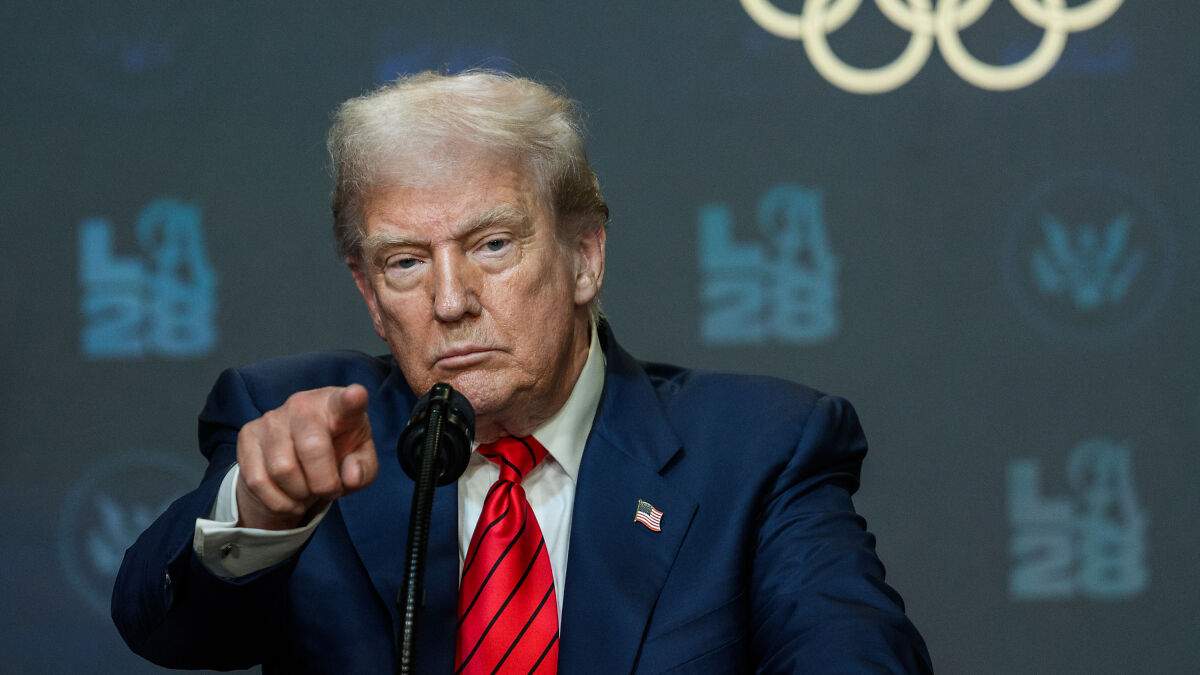
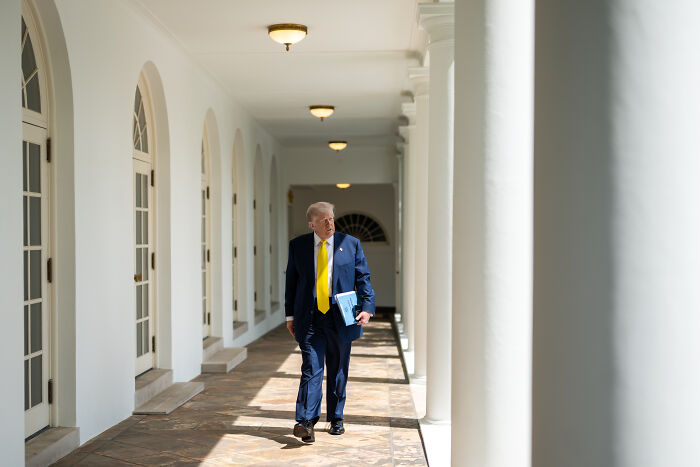
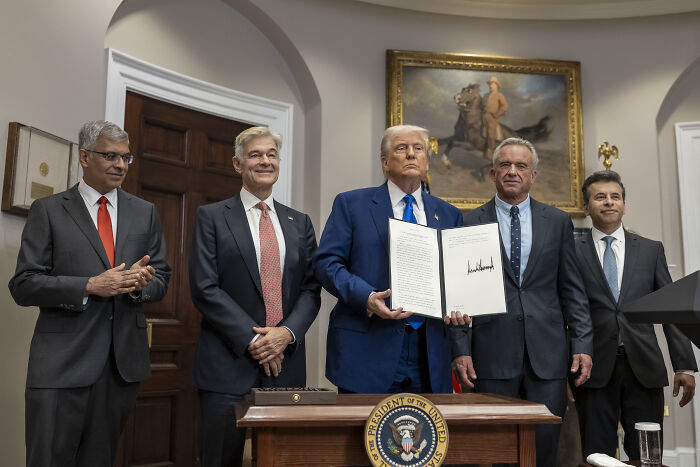
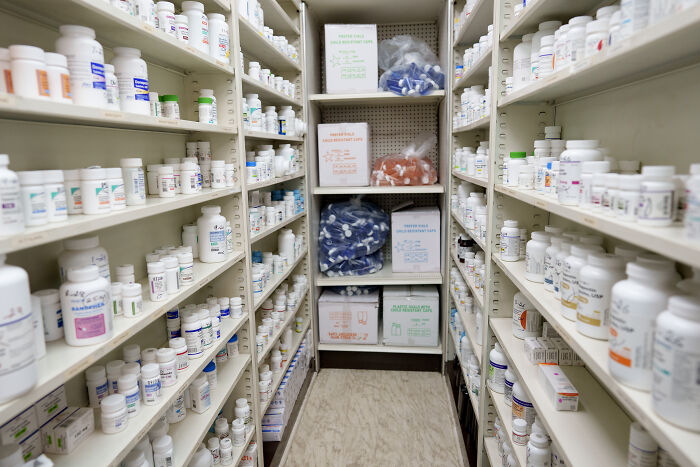
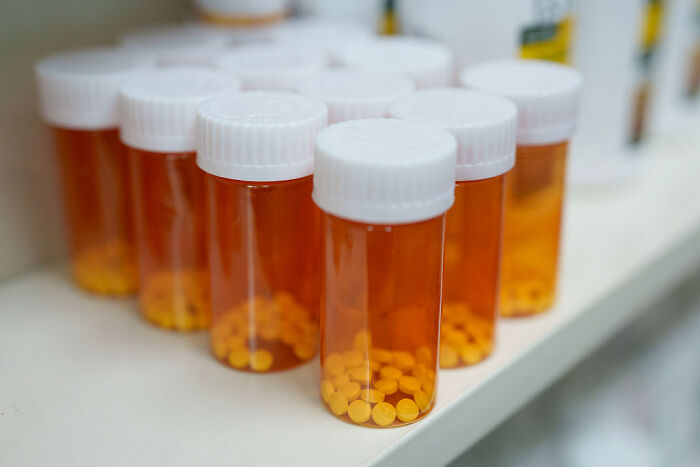
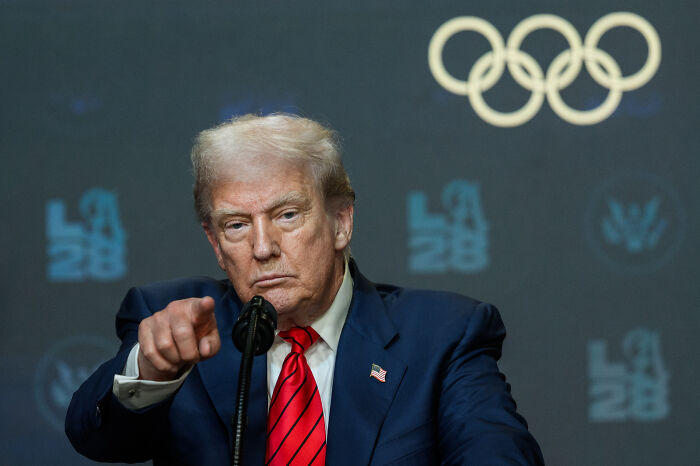
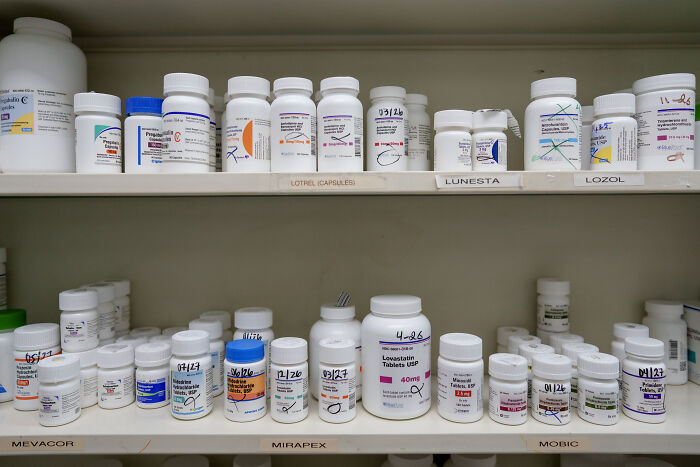



15
0